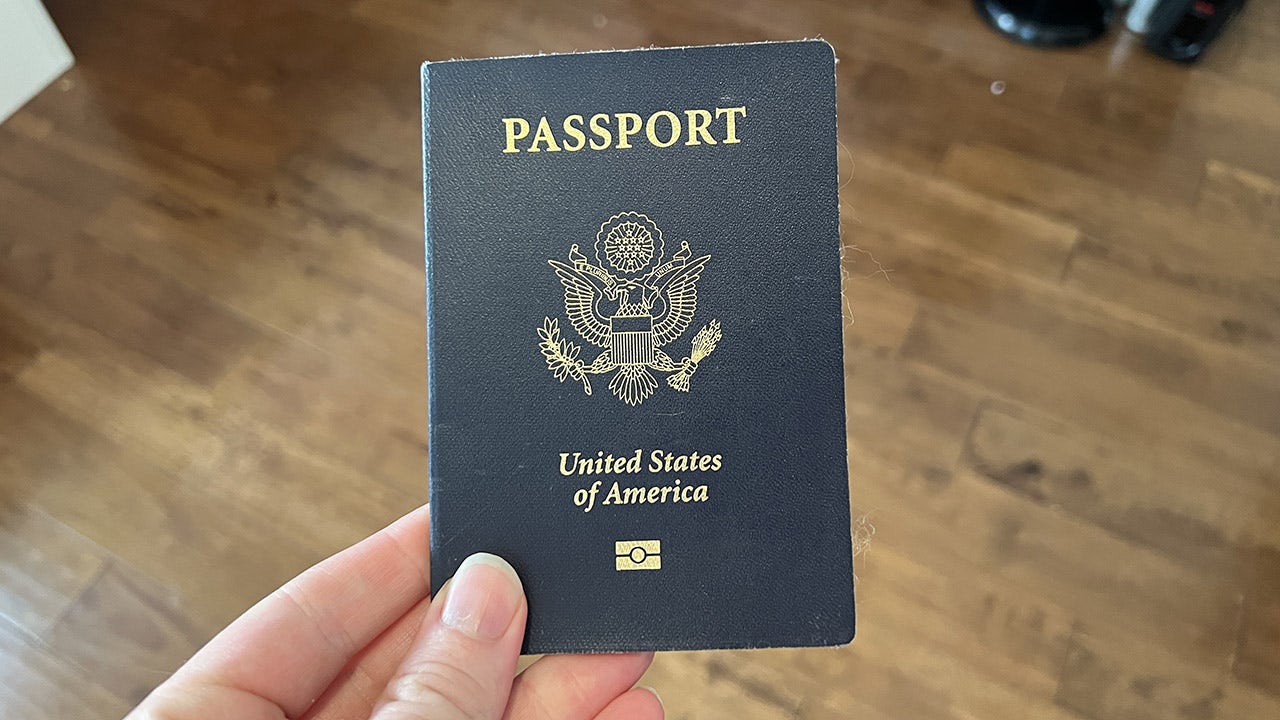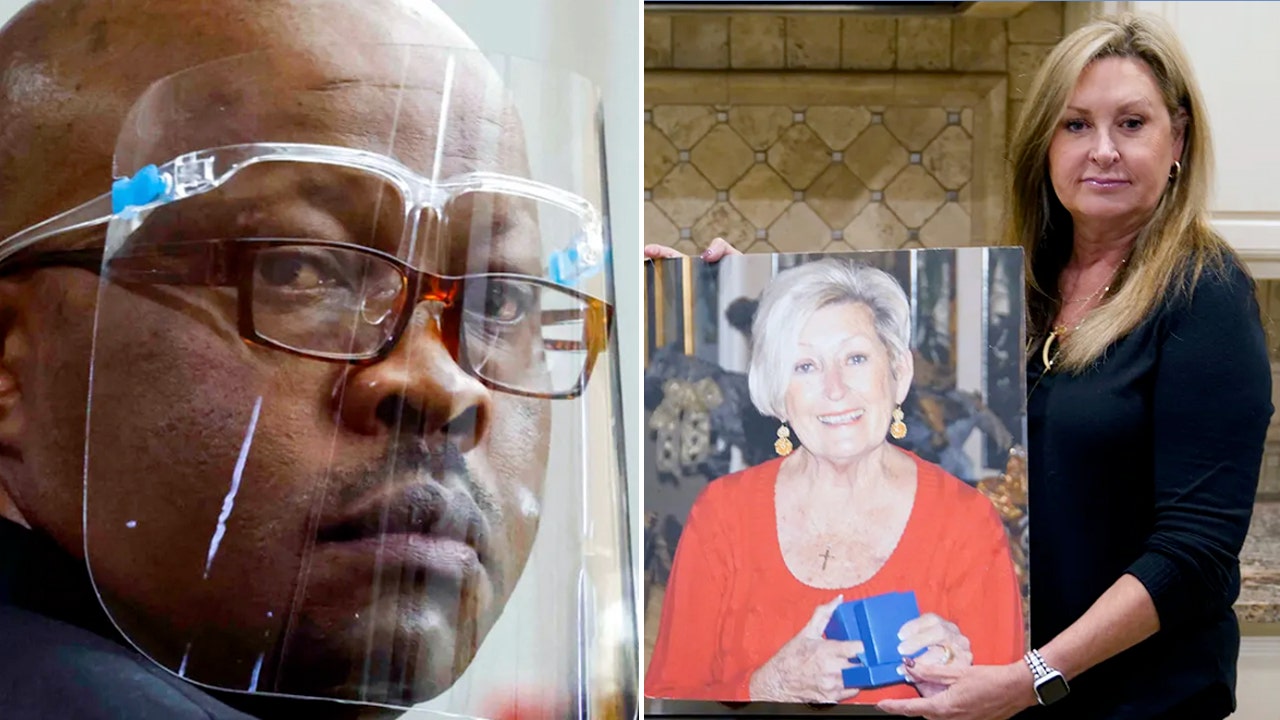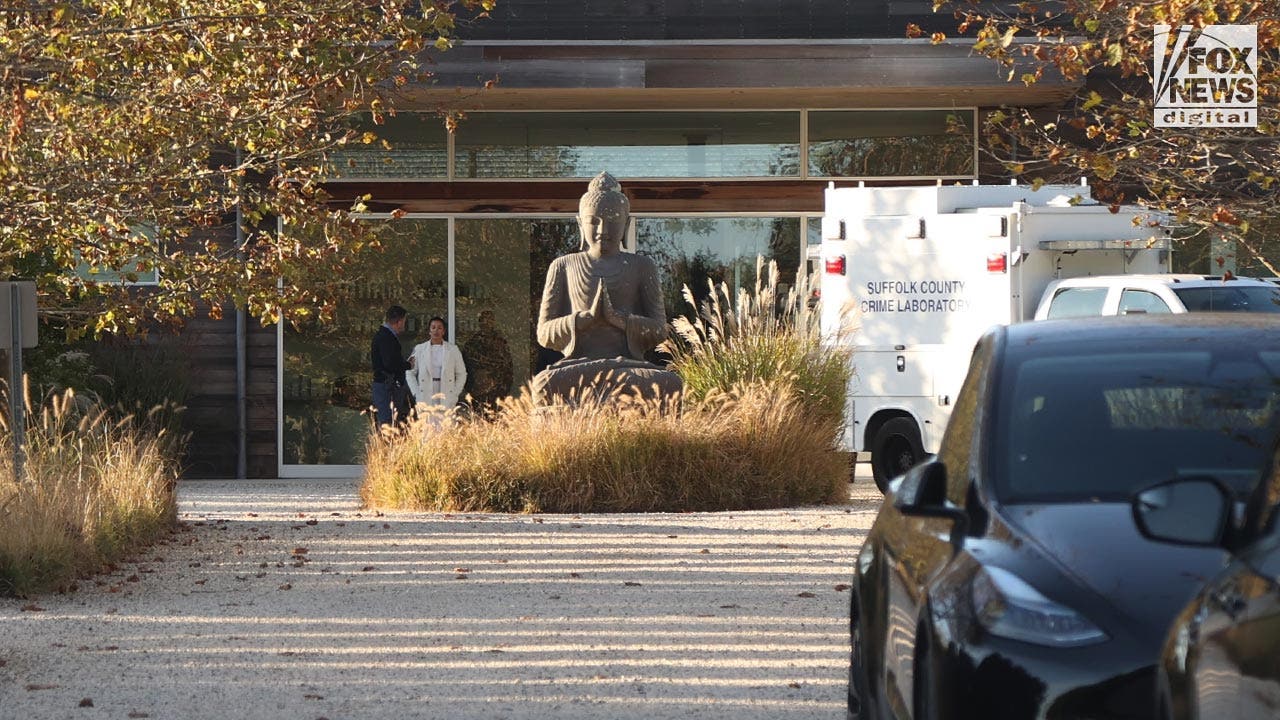Justice Juan M. Merchan’s decision to start former President Donald J. Trump’s hush money trial in Manhattan next month opens the possibility that Mr. Trump’s federal trial on charges of plotting to overturn the 2020 election could take place in the late spring or early summer.
But the scheduling of the election interference case, which is taking place in Washington, is now in the hands of the Supreme Court. The justices will soon have to decide whether — and how quickly — to hear Mr. Trump’s arguments about having the underlying charges in that case dismissed with a sweeping claim of executive immunity.
The election trial in Washington had initially been set to begin on March 4. But the judge overseeing it, Tanya S. Chutkan, recently scrapped that date as Mr. Trump pursued his immunity claims.
Justice Merchan has set the hush money case for March 25 in Manhattan, noting on Thursday that the trial could last about six weeks. He also mentioned that he had spoken to Judge Chutkan about the timing of their cases, all but sealing that the Washington matter would not go to trial until May at the earliest.
If the Supreme Court quickly decides to bypass hearing Mr. Trump’s immunity appeal, it is in theory possible that the election interference case could go in front of a jury by late May. But if the court elects to hear the challenge, even if it moves expeditiously to resolve it, the case is more likely to go to trial some time in the summer.
There is one option, however, that would keep the case from going to trial until after the election, and that is if the Supreme Court decides to hear Mr. Trump’s immunity appeal but takes its time on issuing a ruling.






